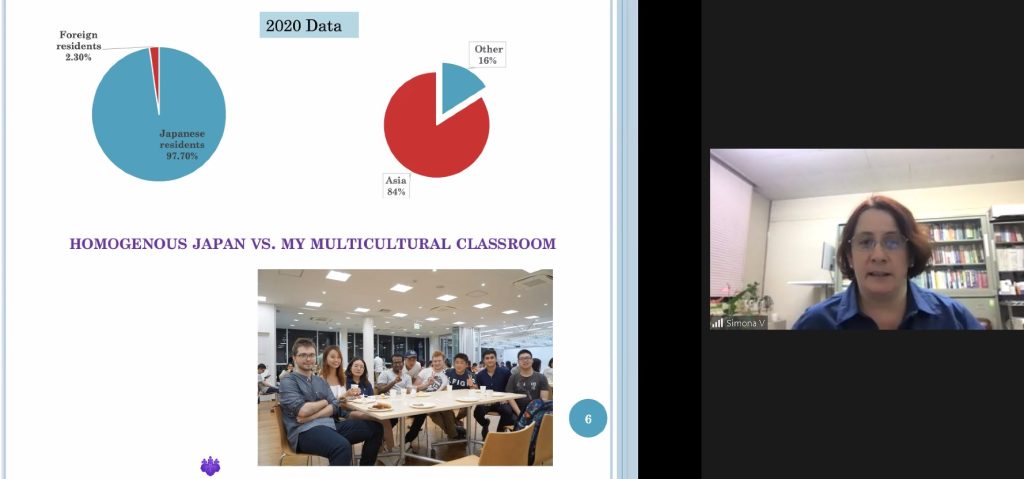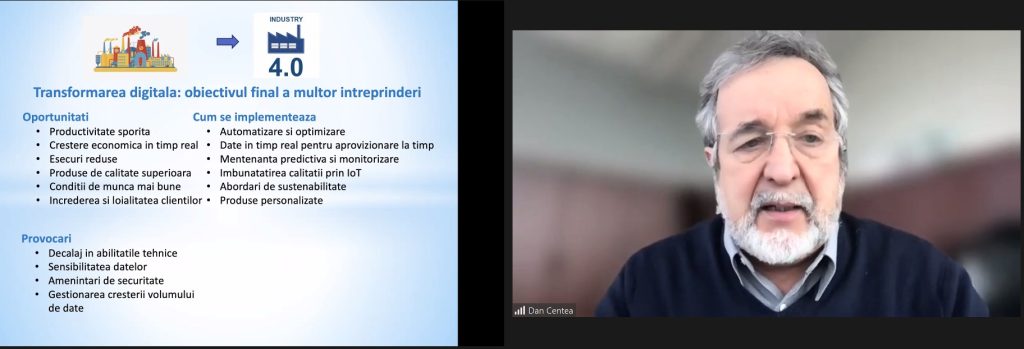Speech to participants at the Corporate Governance Day at the Summer Banking Academy 2018, organised by the IBR on 26-29 June 2018.
Prof. Nicolae Dănilă, PhD
Member of the Academy of Romanian Scientists
Chairman of the Board, Piraeus Bank Romania
I express the opinion that this year’s Summer Banking Academy can and should be a moment of reflection, which will generate strategic decisions in the Romanian banking life. When I say these things I base them on:
– The chosen theme,
– High professional and managerial level of the participants,
– I.B.R.’s continuous drive for efficient bank management.
I place all this in the current domestic and international context, which calls for action and innovation. At the international level, the European Banking Authority has recently indicated a number of priorities in relation to the complex area of Corporate Governance. The Authority calls for the application of corporate governance to take into account international best practices and the provisions of the New Guidlines issued by the EBA. According to these provisions, executive management must run the bank “in a manner consistent with the business strategy, risk appetite and other policies approved by the Board”.
I. The priorities indicated by the EBA are:
a) Supervisory function of the Board:
According to this function, the Board must be made up of experienced members, dedicated to this activity, to which it must allocate sufficient time. Board members must have managerial qualities, knowledge, and the composition of the Board must cover well the tasks of special committees and interaction with shareholders and the bank, as this activity also implies accountability of the members.
b) Independence of Board members:
This priority implies a sufficient number of independent members in: risk, audit, remuneration, nomination committees. The general rule to be respected is: “Independence of mind and collective ownership”, in the sense that every member’s opinion counts. Once the decision has been taken, “the Board must take it as one and stand for it as one”, which means taking the culture of debate, diversity of opinion and risk culture to the next level.
c) Link between the Board and internal control functions
Risk management, compliance and internal audit will liaise continuously with the Bank’s structures, informing them of the Board’s decisions, monitoring their implementation and regularly informing the BoD.
d) Risk Appetite
Risk management must be integrated and linked to the bank’s strategy and risk strategy. Management levels in the bank and internal rules must stimulate risk appetite, finding solutions in correlation with current banking regulations and requirements.
Risks cannot be eliminated; Risk taking and Risk mitigation are part of the banker’s life. Risk aversion should not characterise it. Good risk management brings opportunities and solutions that will create net value for customers and the bank.
e) Quality of information and reporting
Practising good risk management in this area involves aggregated risk data and risk reporting.
II. Next, we identified a number of challenges facing bankers in Romania:
– Reduced revenue and profit,
– Strengthened regulation and supervision (opening the way to the need to discuss the application of the proportionality principle),
– Small budgets allocated to implementing new technologies and innovation,
– Rigid organisational structures,
– Conflicting, conservative internal views and mentalities,
– Competition.
III. In this context, I will bring up and consider some recommendations:
– The risk strategy must be well structured, implemented and followed. This must be a Traction and not a Brake in the bank’s activity,
– Cost reduction should not affect risk management, compliance and internal audit which are priorities for the banking system in 2018,
– Governance and risk management dedicated to the Digitisation phenomenon is needed,
– For IT there are 3 Safeguarding Directions: defining and implementing additional control over IT activity, establishing an IT strategy, incorporating digitisation and IT into the Audit Plan,
– Cybersecurity must be a priority,
– To think and act towards a high performance management in terms of a Team,
– Rapidly implemented innovation becomes a strategic imperative,
– Move from the Individual Management Model to the Complex Model to promote Productive and Dynamic Teams,
A business exists if it demonstrates responsibility and creates value in a sustainable way for its stakeholders: shareholders and society.
I recall how some famous bankers think and act and could be models for us.
Peter Sands, former CEO of Standard Chartered Bank, now a Professor at Harvard University says that “The public is asking high-level questions about the value that banks add to society and the trade-off between private gain and public risk. There is a fundamental challenge to the banks, both in terms of the right to play within the society but also in the ability to have a sustainable business model”.
The former CEO of Barclays Bank says that “the financial crisis of 2008 revealed how many banks were too aggressive, too self-serving and too focused on short term and I am convinced that only companies that consider the long-term impact on their actions on society will be able to build a sustainable business. In other words, there can be no choice between doing well financially and behaving responsibly in business”.
For his part, Andy Maguire – COO of HSBC said: “the banking industry needs to return to doing what it is supposed to be doing – serving real people, businesses and the economy, and win back the trust of society”.
At the European level, recent decisions and plans at EU level emphasise “socially responsible investments” by developing policies based on the rule that “Investing with an eye to environmental or social issues not just financial returns has become mainstream in the past decade”.
I express the view that every bank’s progress requires more than a change; it requires the implementation of a comprehensive Transformation Programme for every institution, starting with Changing the Mindset of some colleagues. A change is also needed in banking culture. Remember what Hugh Harper said, (EY) “culture has to ensure that it reflects its (bank’s, n.a.) purpose. Whereas corporate strategy looks three to five years into the future, purpose is about why the bank is in a certain place in a country and its essence for perhaps the next 30 to 50 years.”
IV. Principles that a Chairman of the Board should apply:
We have identified certain principles that we have applied successfully, that have proven effective internationally and that have even been mentioned in a recent Harvard study.
1) Chairman is a Guide
– It exercises restraint and creates conditions for others to shine,
– Conduct meetings in a way that makes them productive,
– He avoids saying the word “I” and does not spend more than 10% of the meeting time,
– Patience,
– It shies away from quick fixes, it leads to getting things right,
– Is Available: although part-time, devotes as much time as needed to solve problems.
2) Practice Team Spirit and not “team building”
– No man shall speak for the second time until all the others have spoken,
– Let the discussions continue until consensus is reached,
– It doesn’t rush to a vote to settle disputes,
– A vote is taken when it is concluded that the time has come for a specific, actionable resolution that is clearly worded, understood and supported by all.
3) Personal and meeting preparation
– Preparing the agenda through consultations with Board members and executive management,
– Each item on the agenda must be strategic, material, requiring a Board decision
– Materials should be concise, accompanied by an Executive Summary,
– Proposals with alternatives,
– Follow-up is very important.
4) Treat committees seriously, because they deal with the most important debates and analyses.
5) Remain Impartial
I believe that collective productivity suffers when the Chairman has a strong proprietary position on a subject. The chairman is a process facilitator.
6) Measure Inputs and not Outputs
The Board’s decisions will determine the course of each bank in the medium and long term. Good inputs are usually followed by good outputs. The literature identifies 5 critical inputs: 1) Board members, 2) agenda, 3) the materials presented, 4) how meetings are conducted, 5) board minutes. The most important input is the composition of the Board, as the human resource is the most important resource and gives the long-term competitive advantage.
7) Don’t think he is the “Boss”
Represents the Board in dealings with shareholders and the bank. The Board is the collective Boss. It is mandated to provide the executive management with: direction, strategy, resources, rules, accountability.
8) If for executive management the Boss is the Board, for the Board the Boss is represented by the shareholders.
The Chairman acts as an Agent of the Board and not as a singular Individual. The Board must implement the Leadership Function, to foster the conditions for Board members to form a Productive Group. He is not the first among equals, but a person responsible for making every Board member a GOOD member.


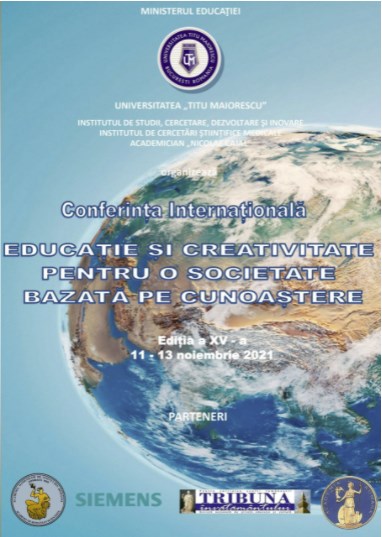
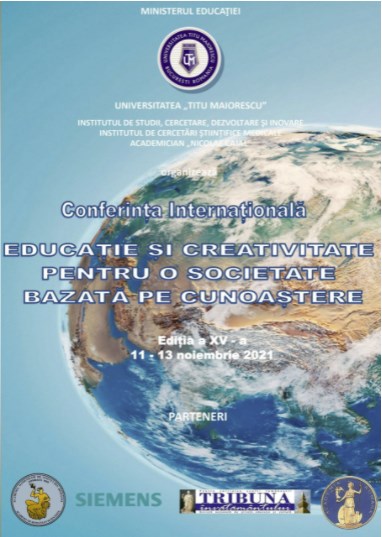
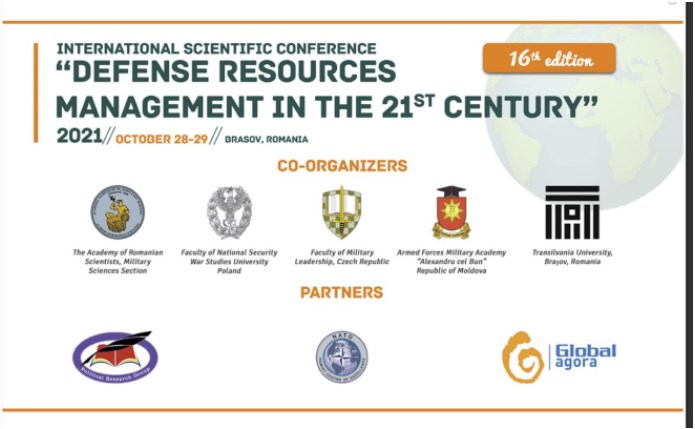
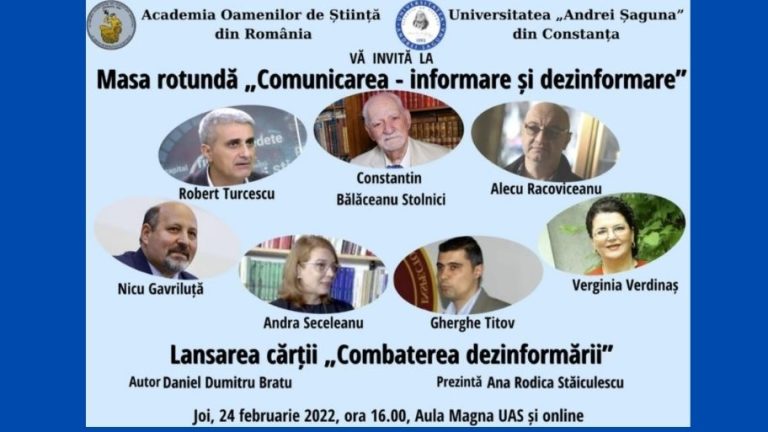
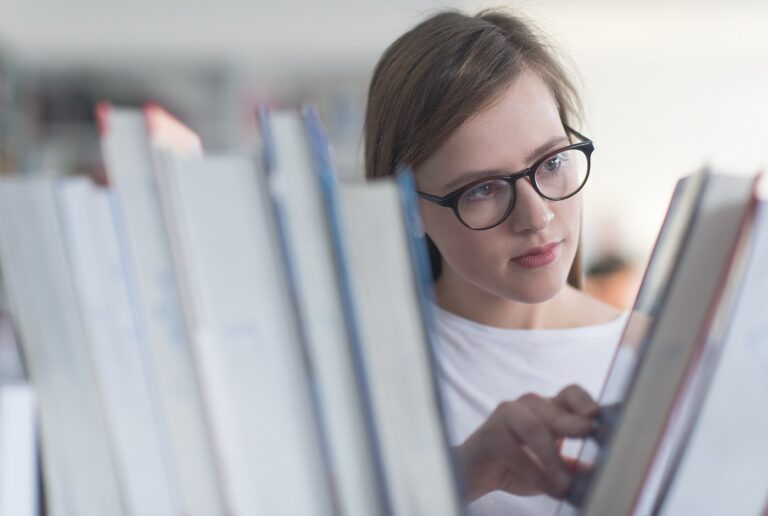
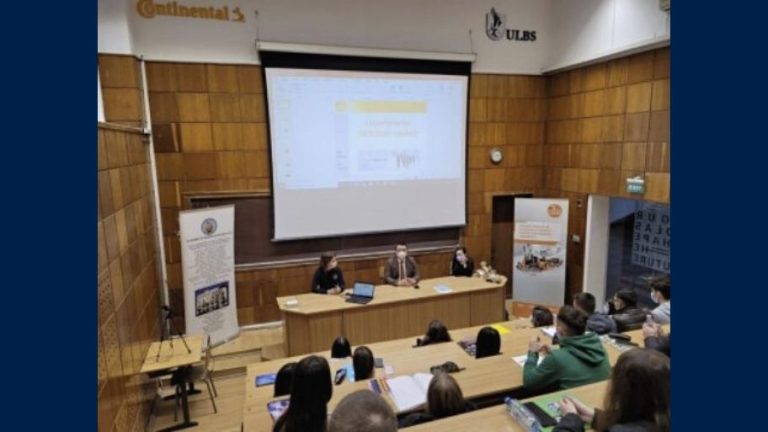
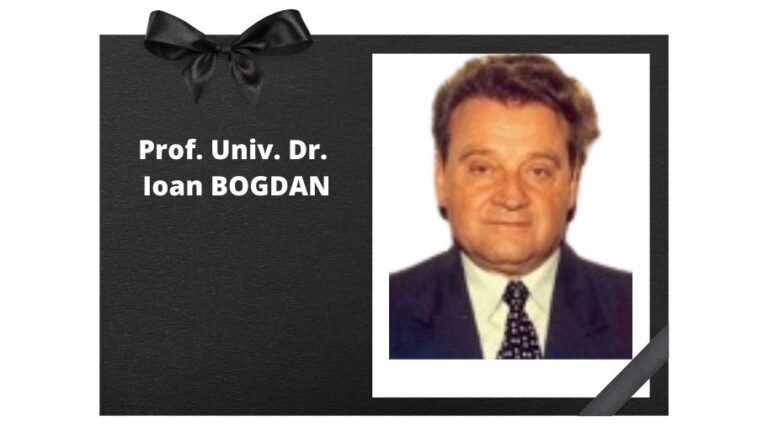
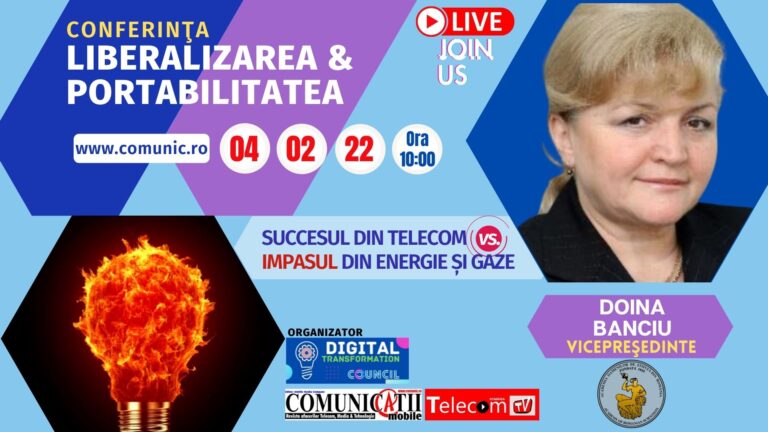
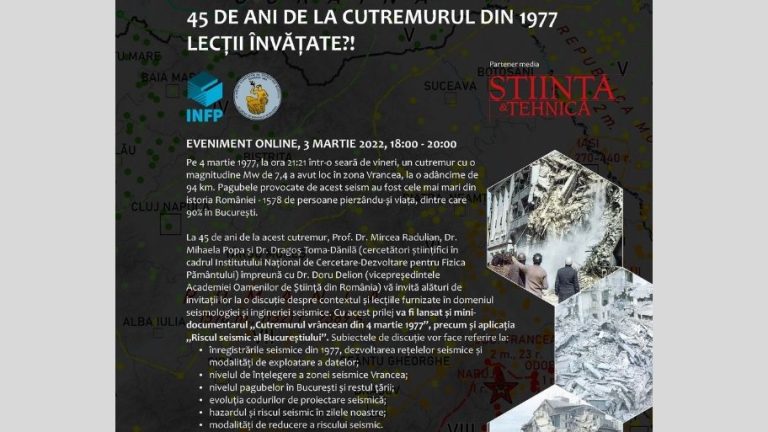
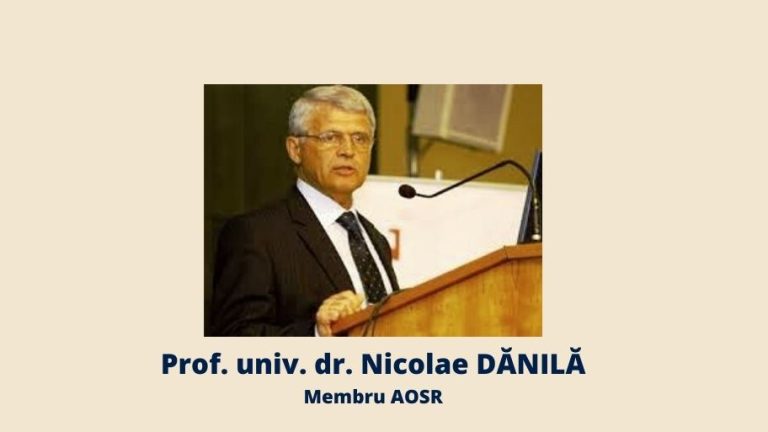
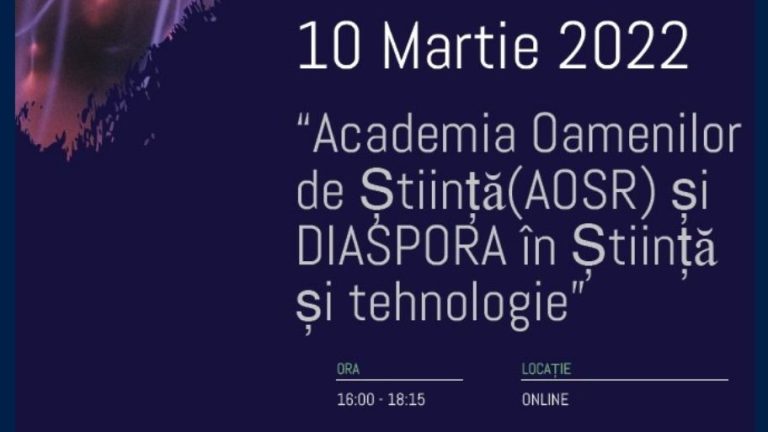
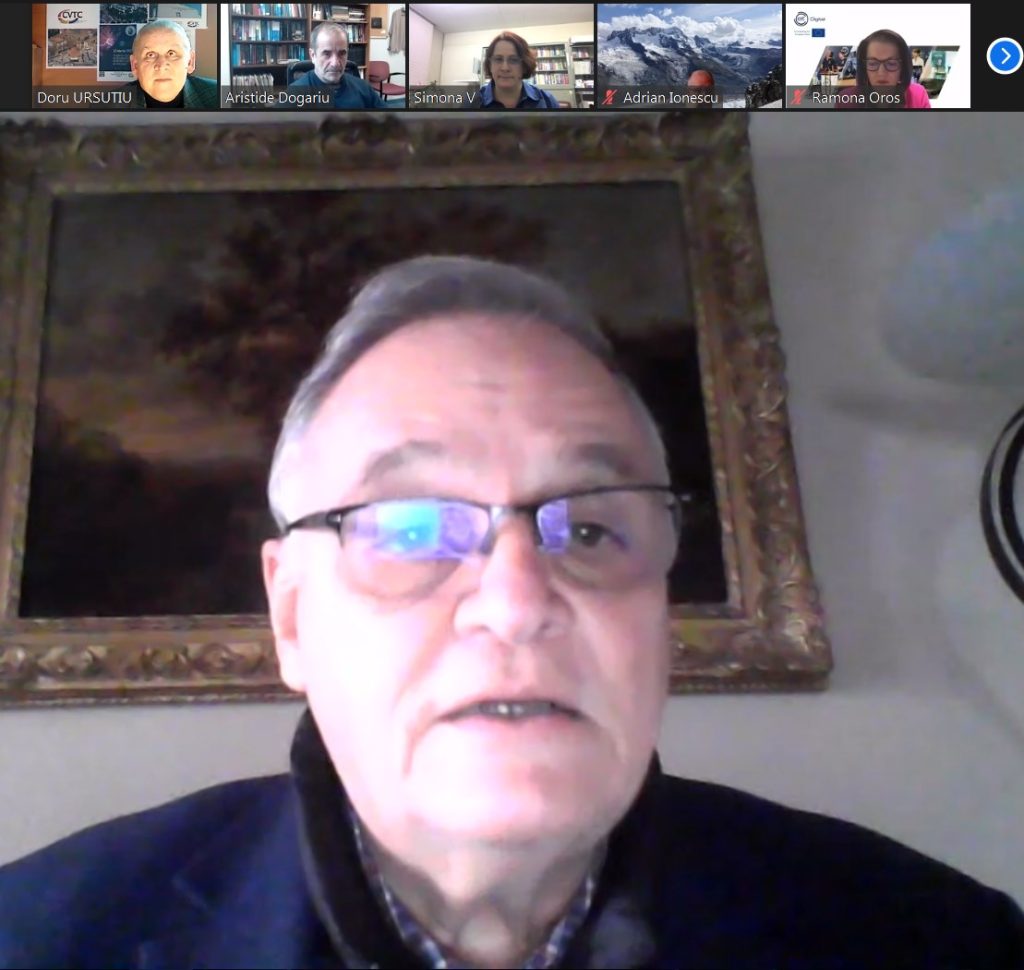
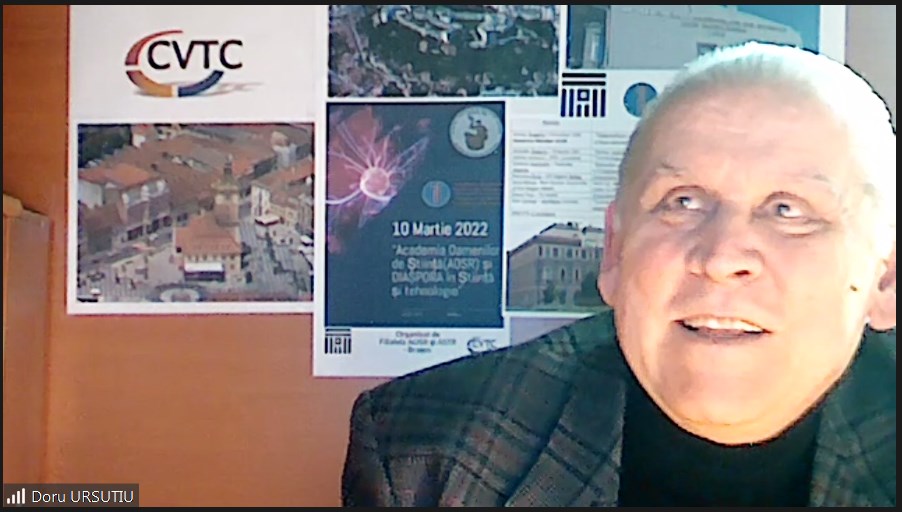
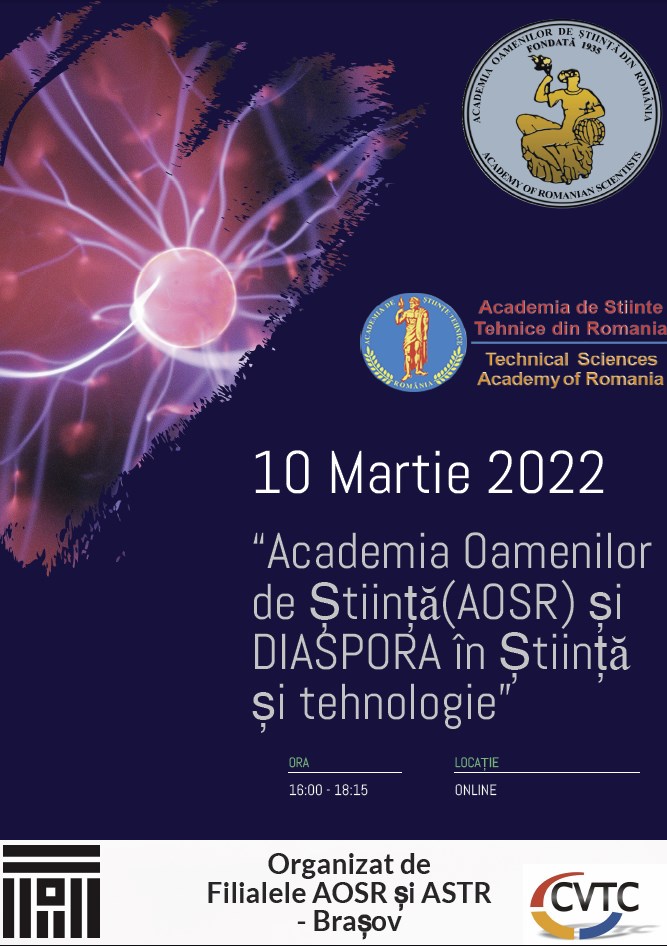
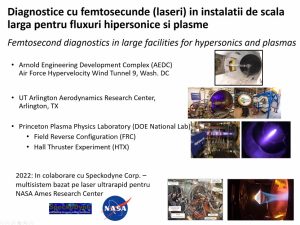
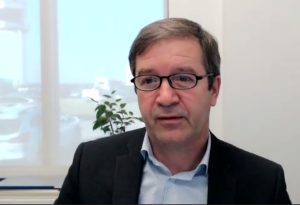
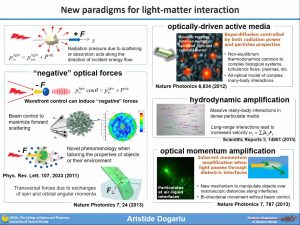
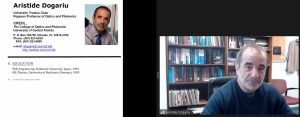 ARISTIDE DOGARIU received his PhD from Hokkaido University and is currently an administrator and Pegasus Professor at CREOL, College of Optics and Photonics, University of Central Florida. His research interests include optical physics, electrodynamics, wave propagation and complex media. Professor Dogariu is a Fellow of the Optical Society of America, a Fellow of the American Physical Society, and a recipient of the G. G. Stokes Award of the International Optical and Photonic Society.
ARISTIDE DOGARIU received his PhD from Hokkaido University and is currently an administrator and Pegasus Professor at CREOL, College of Optics and Photonics, University of Central Florida. His research interests include optical physics, electrodynamics, wave propagation and complex media. Professor Dogariu is a Fellow of the Optical Society of America, a Fellow of the American Physical Society, and a recipient of the G. G. Stokes Award of the International Optical and Photonic Society.
